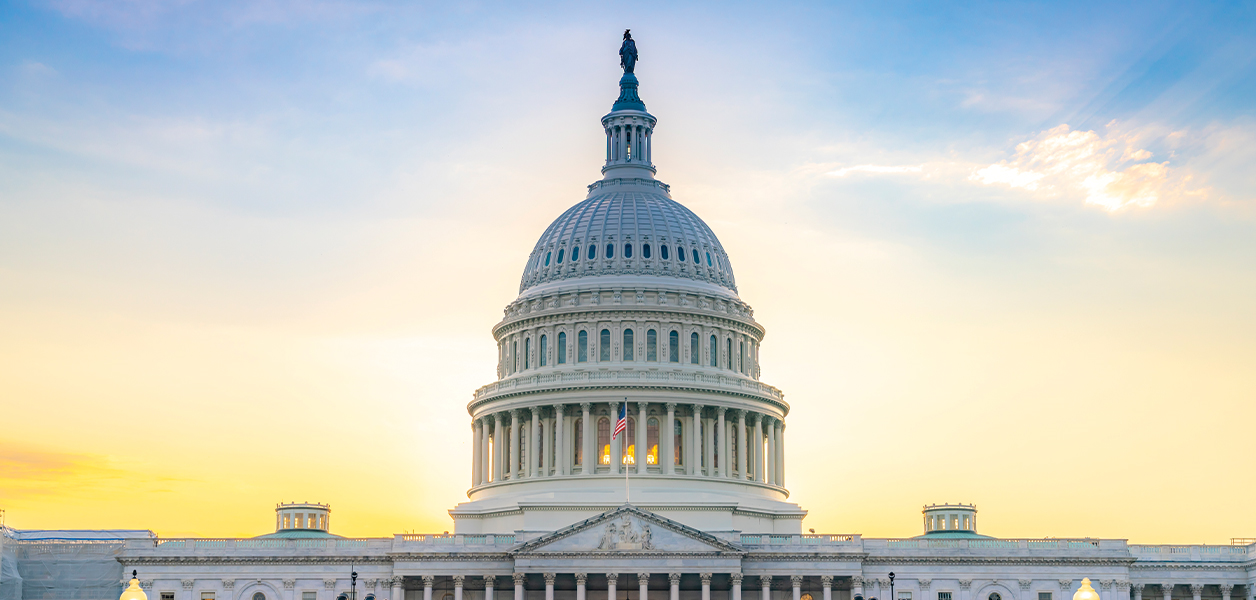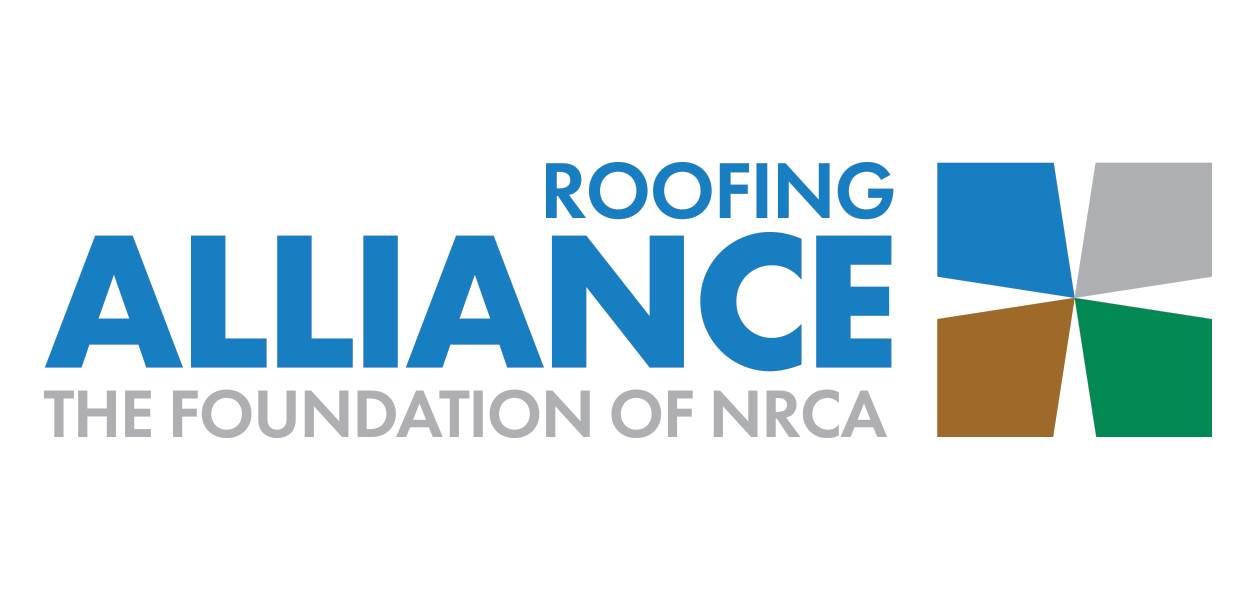House reconciliation bill will affect the roofing industry
On May 22, the House passed the GOP tax and budget reconciliation bill, the One Big Beautiful Bill Act, on a party-line vote of 215-214. This legislation contains the main components of President Trump’s domestic policy agenda, including major tax provisions, increased funding for defense, border security, immigration enforcement and expanded energy production. The legislation has moved relatively quickly when compared with other bills of this magnitude and covering multiple committee jurisdictions.
This bill is overwhelmingly positive for the roofing industry as it makes permanent and expands numerous key tax provisions widely used by NRCA members. As with all bills this complex, there can be tradeoffs, such as the termination and phase-out of clean energy tax credits of interest to solar energy markets. NRCA continues to work with Congress to ensure lawmakers know how each of these provisions will affect our members, and it is likely we will see additional changes to this legislation before it is signed into law.
Key tax provisions:
- Section 199A deduction increased from 20% to 23% and made permanent, providing lasting relief for pass-through businesses, including a majority of NRCA members
- Estate tax exemption increased to $15 million and made permanent, protecting family businesses for future generations
- Restoration of research and development deduction, which allows immediate deduction of U.S.-based research and development investments, enhances tax relief critical for manufacturers and enhances global competitiveness
- 100% bonus depreciation that restores full and immediate expensing for investments in machinery, equipment, and vehicles; greatly incentivizes investment by expanding deduction widely used by NRCA members
- Section 179 expensing cap increases from $1 million to $2.5 million for nonresidential real property and boosts demand for roofing by expanding the availability of immediate expensing rather than depreciating over 39 years
- No proposed rollbacks to Section 179D, Energy-Efficient Commercial Buildings Deduction, which boosts demand for energy-efficiency building improvements including roofing
- Expansion of 529 program to include training and certification programs, which addresses workforce needs by providing a new option for saving for enhanced skills training
- Expansion of Pell Grant program to include training and certification programs, which helps level the playing field between skills development for roofing trades and college programs
- New manufacturing provision (Section 111101) to allow taxpayers to deduct 100% of the cost of certain new factories, certain improvements to existing factories and certain other structures (for projects started after Dec. 31, 2024, and before Jan. 1, 2030), boosting investment in new and expanded U.S. manufacturing
The legislation now goes to the Senate for debate and consideration where it is likely substantial changes will be made. House and Senate Republican leaders are pushing to have a final bill approved by July 4.
House Workforce Protections subcommittee reviews OSHA’s mission
The House Workforce Protections Subcommittee held a hearing, “Reclaiming OSHA’s Mission: Ensuring Safety Without Overreach,” to evaluate the Occupational Safety and Health Administration’s recent regulatory actions and consider alternative workplace safety solutions. Chaired by Rep. Ryan Mackenzie (R-Pa.), the hearing included stakeholder input, including a letter from NRCA expressing concerns about several recent OSHA rules.
NRCA specifically expressed concerns regarding OSHA’s proposed heat illness prevention standard, arguing it is overly prescriptive, underestimates compliance costs and lacks flexibility for small businesses. While supporting employee protection from heat illness, NRCA urged collaboration with lawmakers and the Trump administration to develop practical, effective safety policies.
Supreme Court allows for Temporary Protected Status termination for Venezuelans
On May 19, the U.S. Supreme Court overturned a lower court ruling, allowing the Department of Homeland Security to proceed with ending Temporary Protected Status for about 350,000 Venezuelans. This reverses a Biden-era extension through October 2026 while a lower court continues to consider a broader legal challenge to the Trump administration’s reversal. As a result of this decision, the work authorization expiration date for 2023 TPS holders reverts to April 2, 2025, whereas TPS holders from 2021 retain work authorization until Sept. 10, 2025. Employers may need to reverify affected employees’ work statuses and are encouraged to consult legal counsel. NRCA continues to advocate for a legislative solution offering permanent legal status for TPS recipients. More information can be found at U.S. Citizenship and Immigration Services.




